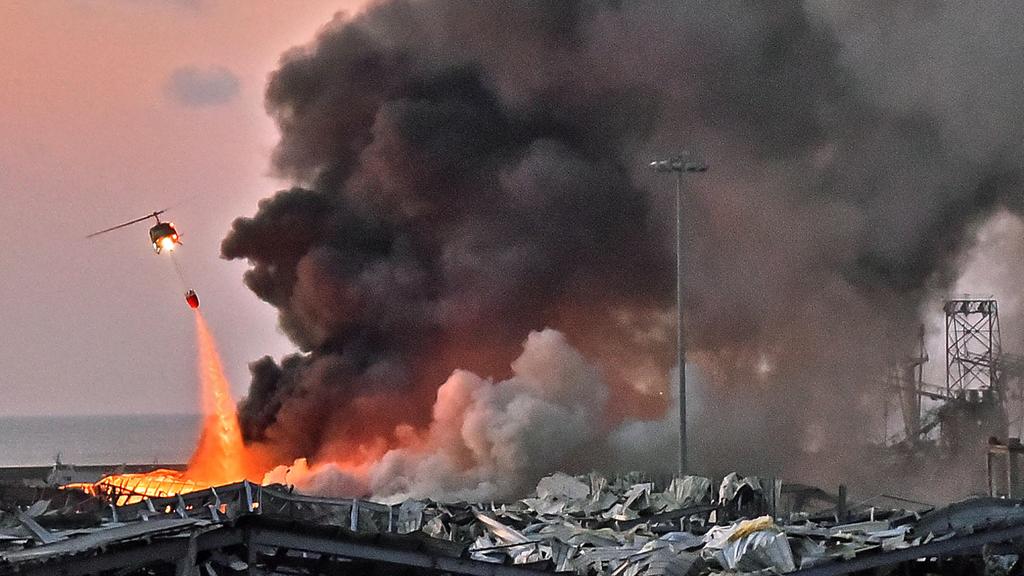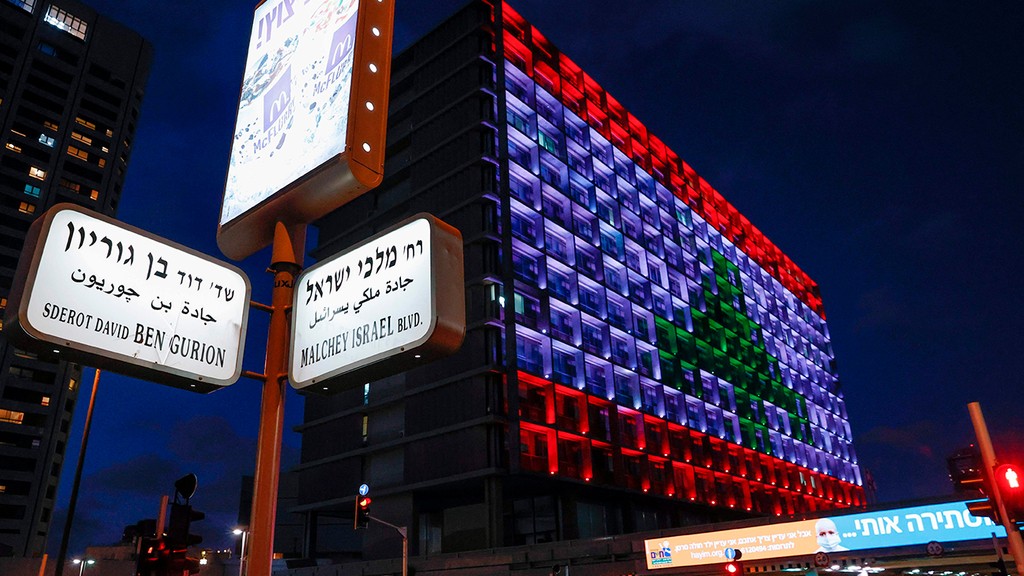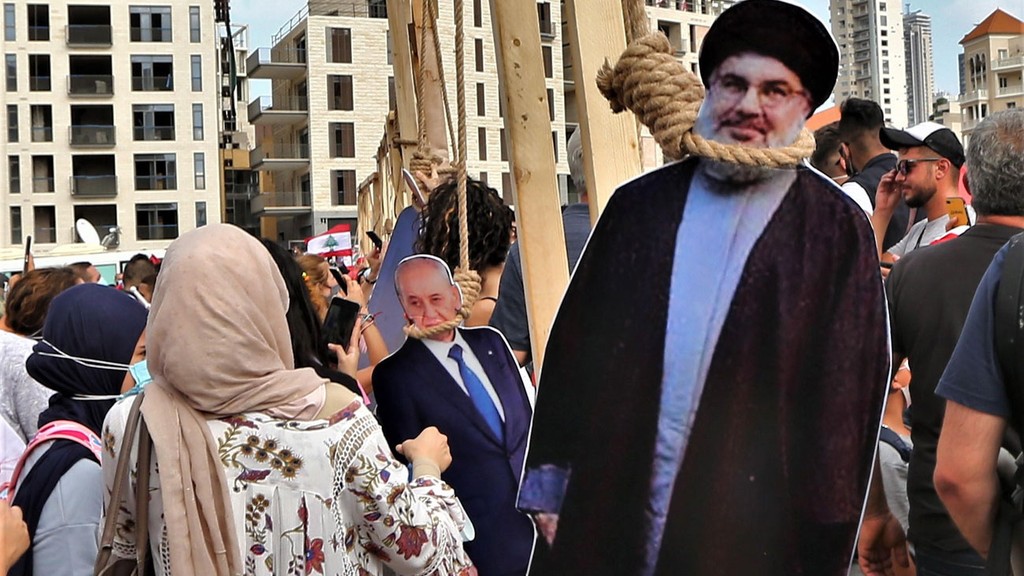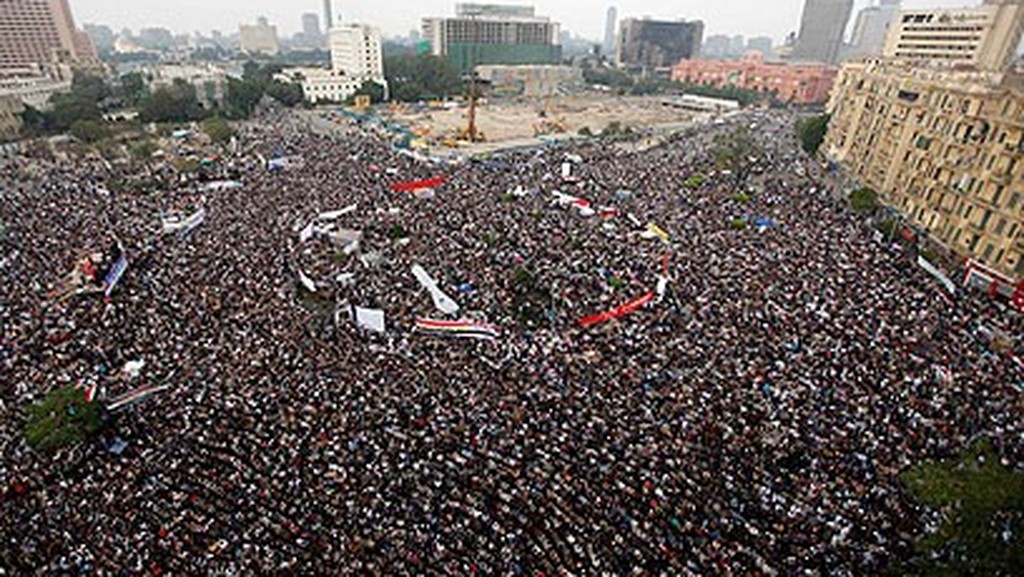Getting your Trinity Audio player ready...
Almost two weeks ago, the attention of the Israeli media and the public shifted. Instead of the coronavirus pandemic and its economic and political fallout, the headlines were all about the devastating explosion in the port of Beirut that destroyed nearly half the city, not least because it has happened just next door.
Ordinarily, such a dramatic event would have been immediately followed by blame being directed at Israel, but in this case, both the Lebanese state and the Hezbollah terror organization refrained from pointing a single finger at Jerusalem.
Blaming Israel would have necessitated a response from Hezbollah that could have ultimately led to war, dealing the already struggling country a death blow, which would have been attributed to the Iranian-backed organization.
Unfortunately, while Hezbollah leader Hassan Nasrallah opted not to promote a conspiracy theory, in Israel, there were those who were not as responsible.
Far-right former MK Moshe Feiglin, for example, was quick to celebrate the death of civilians, branding them the enemy, and other slammed Tel Aviv Mayor Ro Huldai for displaying the Lebanese flag in lights on city hall as a gesture of support for the victims.
Hezbollah's political and public standing is being challenged and the Shi'ite
organization is perceived as culpable in the tragedy - either for its mismanagement of the storage of dangerous chemicals in the port or for hoarding precise missiles production material and other weaponry in the densely populated city.
Should Hezbollah lose its standing, its ability to attack Israel would be compromised and Iran's influence in the region would also suffer.
However, a threat to the organization's power in Lebanon could prompt desperate measures, including attacking Israel in an effort to regain the Lebanese public's favor.
Any event in the region has ramifications for Israel.
In 2010, a bureaucrat abused a street vendor who then set himself on fire in protest and the Arab Spring began.
It brought down Egyptian President Hosni Mubarak, who was replaced by the Muslim Brotherhood's Mohamed Morsi, before being toppled in turn by Abdel Fatteh el-Sisi.
It launched a popular uprising in Syria that turned into a bloody civil war, paving the way for Iranian entrenchment on Israel's borders.
It saw the rise and fall of ISIS, brought Russian hegemony back to the Middle East and opened the door to an alliance between Israel and the Sunni nations in the Gulf.
Israel has acted responsibly during this past turbulent decade and should continue to do so.
It should maintain neutrality in any inter-Arab conflict, act effectively and resolutely against any threat to its security and offer humanitarian assistance to the Lebanese people as it did during the Syrian civil war when it cared for the wounded - civilians and soldiers alike in its field hospital on the border.





